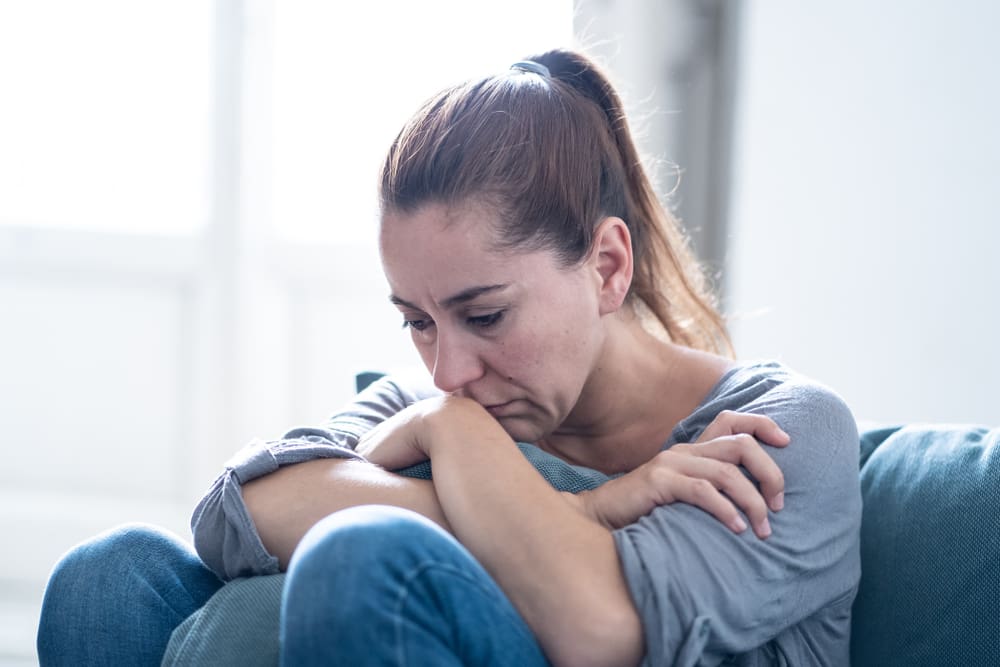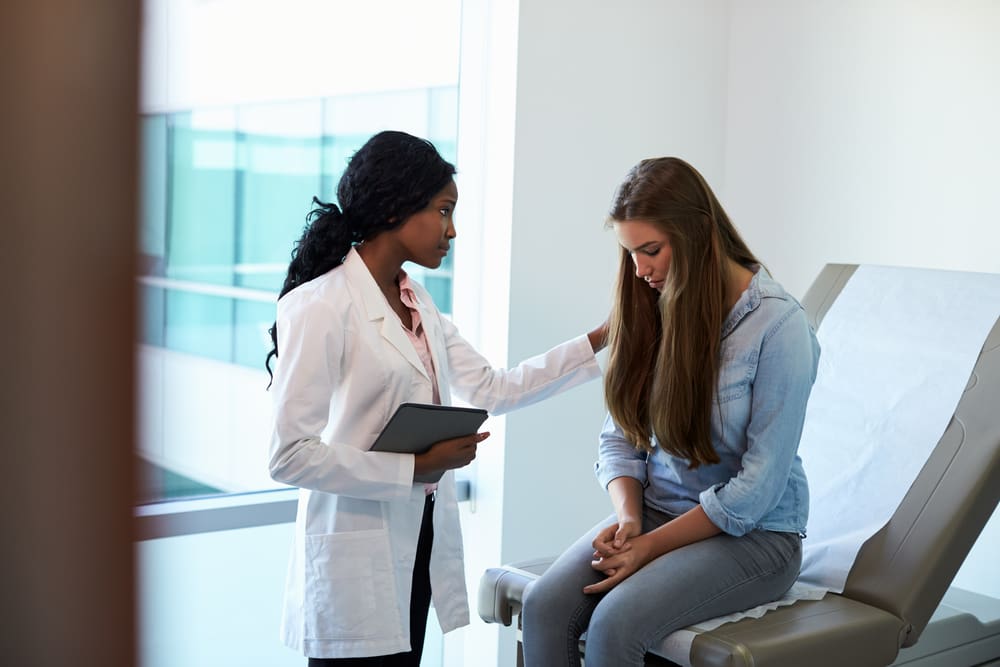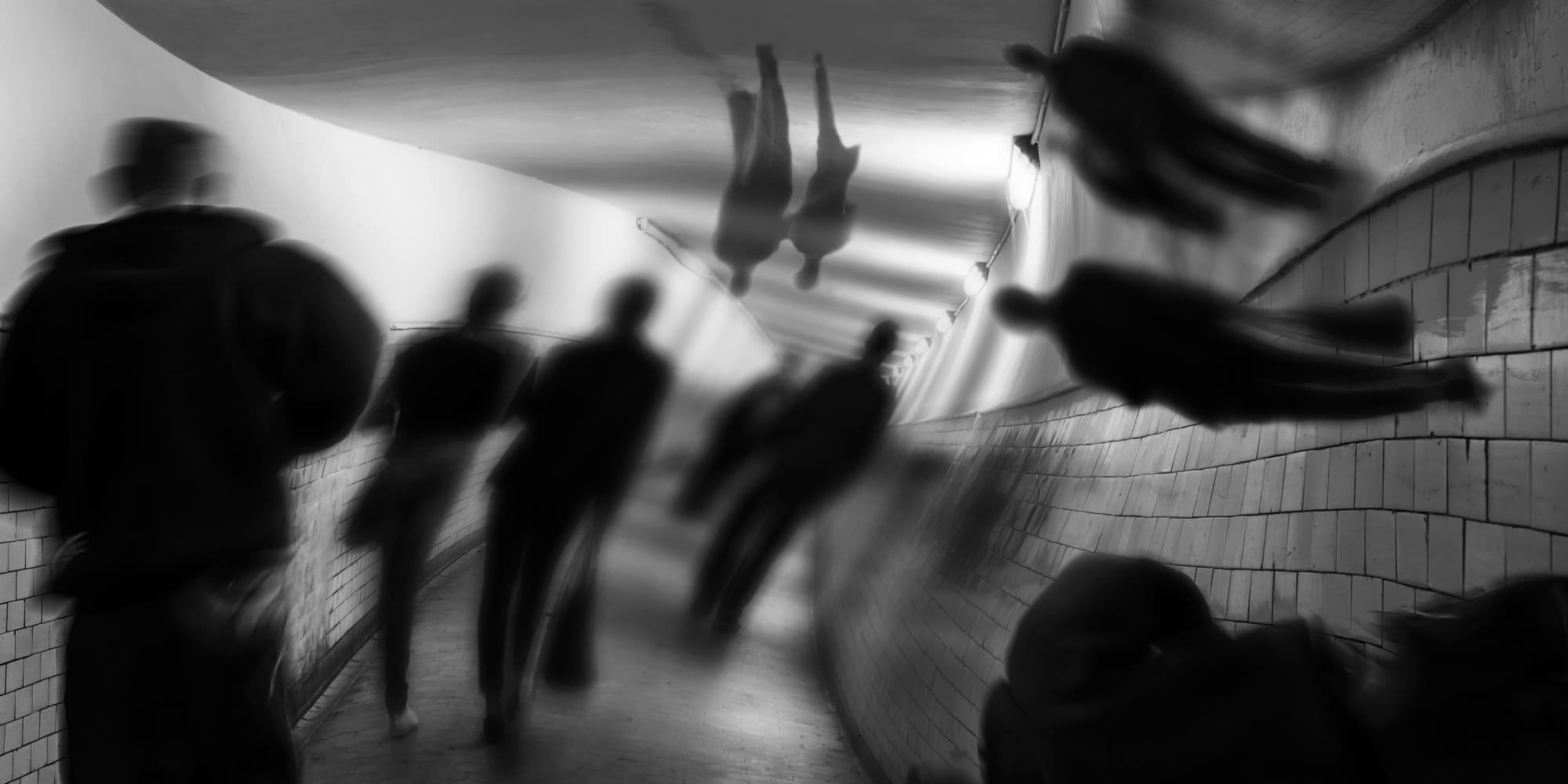According to 2018 census reports, there are more than 21 million people living in Florida, and with more than 13 percent of those adults experiencing poor mental health, millions could benefit from Florida mental health services.
Just because you live in the Sunshine State doesn’t automatically mean you can’t feel sad, alone, and hopeless without understanding why. Does it seem like you’re struggling emotionally while everyone else is living their best life? Are you unsure if you’ll ever feel “normal” again? If so, you may be suffering from depression, and you may need mental health services.
According to the Anxiety and Depression Association of America, major depressive disorder affects more than 16.1 million adults in the United States each year. Although you may not be able to see the light at the end of the tunnel right now, there is hope. The behavioral health professionals at Port St. Lucie Hospital are dedicated to offering Florida residents and visitors with a caring, compassionate atmosphere for diagnosing, treating, and providing ongoing therapy for individuals dealing with depression.
In this article, we’ll examine some basic factors that can help you better understand depression, as well as how to take the next step in your journey toward better mental health with Florida mental health services.
- What’s the difference between sadness and depression?
- What are the symptoms of depression?
- How do I take the first step toward help?
- How do I find the right fit for treatment?
Contents
Sadness vs. Depression: What’s the Difference?

Unlike physical illnesses or injuries, the symptoms of mental illnesses hide beneath the surface and are often difficult to discern from normal, everyday emotions. Understanding the general information associated with depression is essential to finding the right Florida mental health services for you. With that in mind, let’s take a look at some of the key differences.
Sadness is normal. We all feel it at some point, and it’s usually brought about by an event, experience, or situation, such as the loss of a loved one, the end of a relationship, or not getting that promotion you’d hoped for. We feel sad, hurt, and disappointed, but over time, those feelings fade and we feel “normal” again. Medication and treatment are often not needed to overcome sadness; it heals itself as your life moves forward.
Unlike sadness, depression is not a normal state of being. It’s actually an imbalance of chemicals in your brain that brings on feelings of sadness and hopelessness that don’t fade over time. Depression is often not caused by an event or situation, which makes it difficult for those who suffer from it to understand why they feel the way they do. Major depression and other depressive disorders, like bipolar disorder, sometimes coincide with substance abuse as you attempt to deal with the symptoms of your mental illness.
Overcoming and managing depression requires mental health treatment from professionals. Thankfully, access to mental health services has never been better, and you can find quality care with a mental health program.
Recognizing the Symptoms of Depression
We’ve talked about the difference between sadness and depression, but you may still be unsure which you have. Here are some common symptoms of depression that may indicate that you’re feeling more than just sadness:
- Lasting feelings of unhappiness, guilt, and remorse
- Lack of interest in activities you usually enjoy
- Feelings of hopelessness
- Lack of energy
- Loss of appetite or unexplained weight loss
- Overeating
- Thoughts of harming yourself
- Anxiety, agitation, or restlessness
- Trouble concentrating
- Moving or speaking slowly, to the point where others have noticed
- Outbursts of anger or frustration over “little things”
Many of us experience some or all of these things at some point in our lives, but for those with depression, these symptoms are often experienced on a daily basis and can make it very difficult to manage day-to-day life.
Finding the Right Fit for Treatment with Florida Mental Health Services
The issues surrounding depression and other forms of mental illness are often highly personal and emotionally charged, so it’s important to find someone with whom you are comfortable sharing your thoughts and feelings.
If you think you may be suffering from depression or other form of mental illness, do not rely on self-diagnosis, and don’t bottle it up. Tell someone. Reach out to a loved one, a trusted friend, or a health care professional for support. For example, the Florida Department of Health recommends getting help if you’re experiencing postpartum depression, as it can greatly impact the health and well-being of children and families. You may want to consider child care to give yourself a break, or you may have to contact your health care provider for professional support.
If you need Florida mental health services and live in South Florida, Central Florida, or Northeast Florida, you’re just a short drive from Port St. Lucie Hospital; that means help is nearby. You can receive comprehensive, community-based, compassionate care, and there’s always someone waiting at the phone to receive your call.
If your depression has placed you in a mental health crisis, then you may need immediate crisis care. In cases like this, our mental health professionals will help de-escalate the situation and bring you back to a place where you feel safe and in control.
Always Remember: There is Hope
Regardless of how or where you take the first step toward recovery, it’s important to recognize and remember that no matter how bad things seem, there is hope, and there is help.
We welcome you to our facility. From support groups to individual therapy treatment options, we are here to fight the battle with you and provide you with quality Florida mental health services. Reach out to us online today—all you have to do is click the button to send us a quick message day or night. You can also call us at (772) 238-7734.
For more information about mental illness, including access to mental health resources, as well as more proof you are not alone, visit the National Alliance for Mental Illness at NAMI.org.
If you’re having suicidal thoughts, call the National Suicide Prevention Lifeline at 1-800-273-8255 for free, confidential emotional support 24 hours a day, seven days a week. If you are in danger of harming yourself or others, call 911 immediately.



























